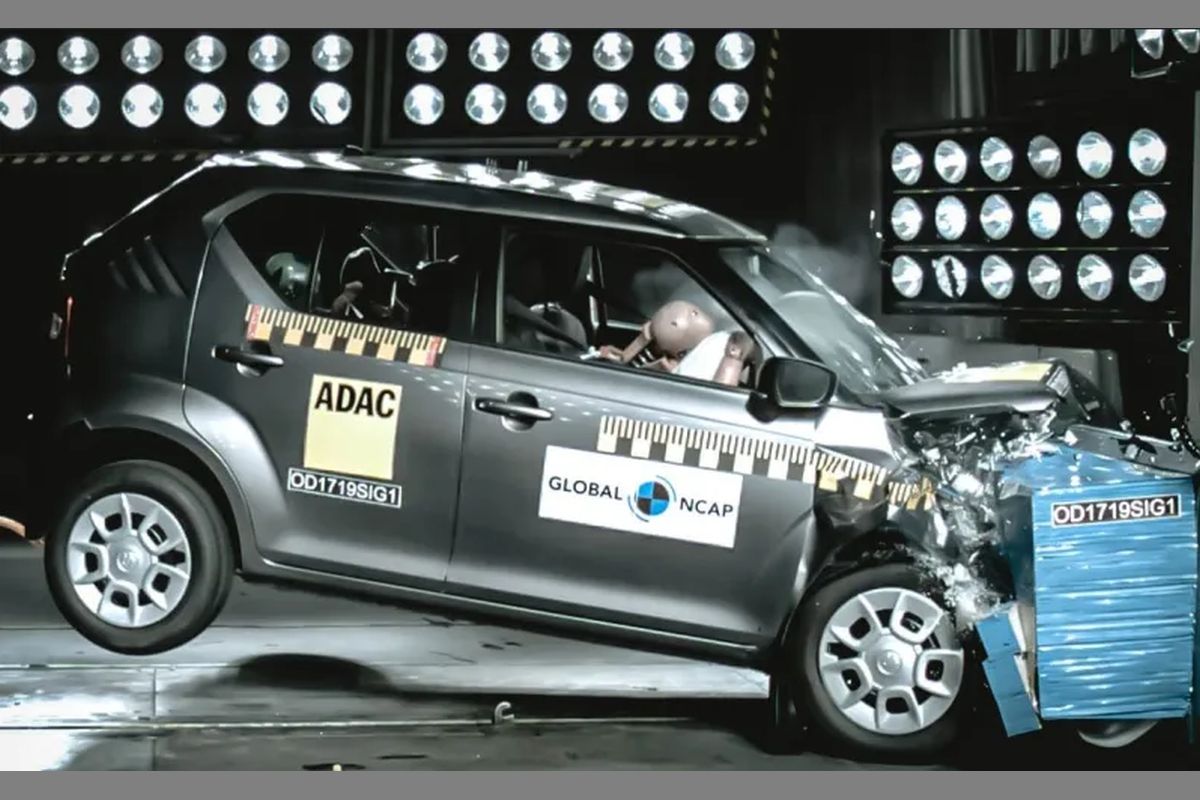In a significant move towards prioritising road safety in India, the Bharat New Car Assessment Programme (Bharat NCAP), that takes effect from October 1, is poised to change the way we perceive and choose our cars. Modelled after the Global NCAP but designed for Indian standards, Bharat NCAP is a bold step forward in making our roads safer. While road transport and highways minister Nitin Gadkari’s reneging on making six airbags mandatory in cars has sparked debate, it is essential to understand the broader implications of this initiative.
Bharat NCAP represents a paradigm shift in how we, as consumers, approach the purchase of our automobiles. For far too long, Indians have bought cars primarily based on factors like fuel efficiency, brand reputation and price. Safety often took a back seat. Bharat NCAP changes this narrative by providing us with vital safety ratings for cars. These ratings encompass various aspects of safety, from structural integrity to child safety features. This information empowers us to make choices that align with our safety priorities, an aspect we cannot afford to ignore in a country with over 5 lakh accidents leading to 1.5 lakh road deaths annually. The decision not to make six airbags mandatory has generated mixed feelings, with some arguing that it might compromise safety.
Advertisement
However, it is essential to recognize that the government’s decision stems from a desire to strike a balance between safety and industry feasibility. By not mandating six airbags, the government allows automakers some flexibility while still incentivising them to prioritise safety. Star ratings for cars under Bharat NCAP ensure that those automakers not placing six airbags in their cars will face marketing challenges. These challenges will create a ripple effect within the automobile industry. This is already palpable with many automakers offering six airbags as a standard feature in their vehicles.
This aligns with the global trend of manufacturers recognising the importance of safety in their offerings. It is a clear indication that market forces are at play and consumer demand for safer vehicles is driving this change. Bharat NCAP serves as a catalyst, reinforcing the significance of safety features. One cannot overstate the urgency of road safety in India with Mr. Gad- kari rightly acknowledging the high death toll on Indi- an roads as a dark area. While human behaviour and other factors contribute to the grim statistics, it is heartening to see the government taking proactive steps to address this issue. Bharat NCAP is not merely about airbags.
Rather, it is about a cultural shift towards prioritising safety on our roads. It empowers consumers to make informed choices, encourages manufacturers to embrace safety as a fundamental aspect of their vehicles and ultimately aims to reduce the staggering number of road accidents and fatalities in India. Bharat NCAP might not have all the answers. But it provides a framework for progress towards making our roads safer for everyone.











